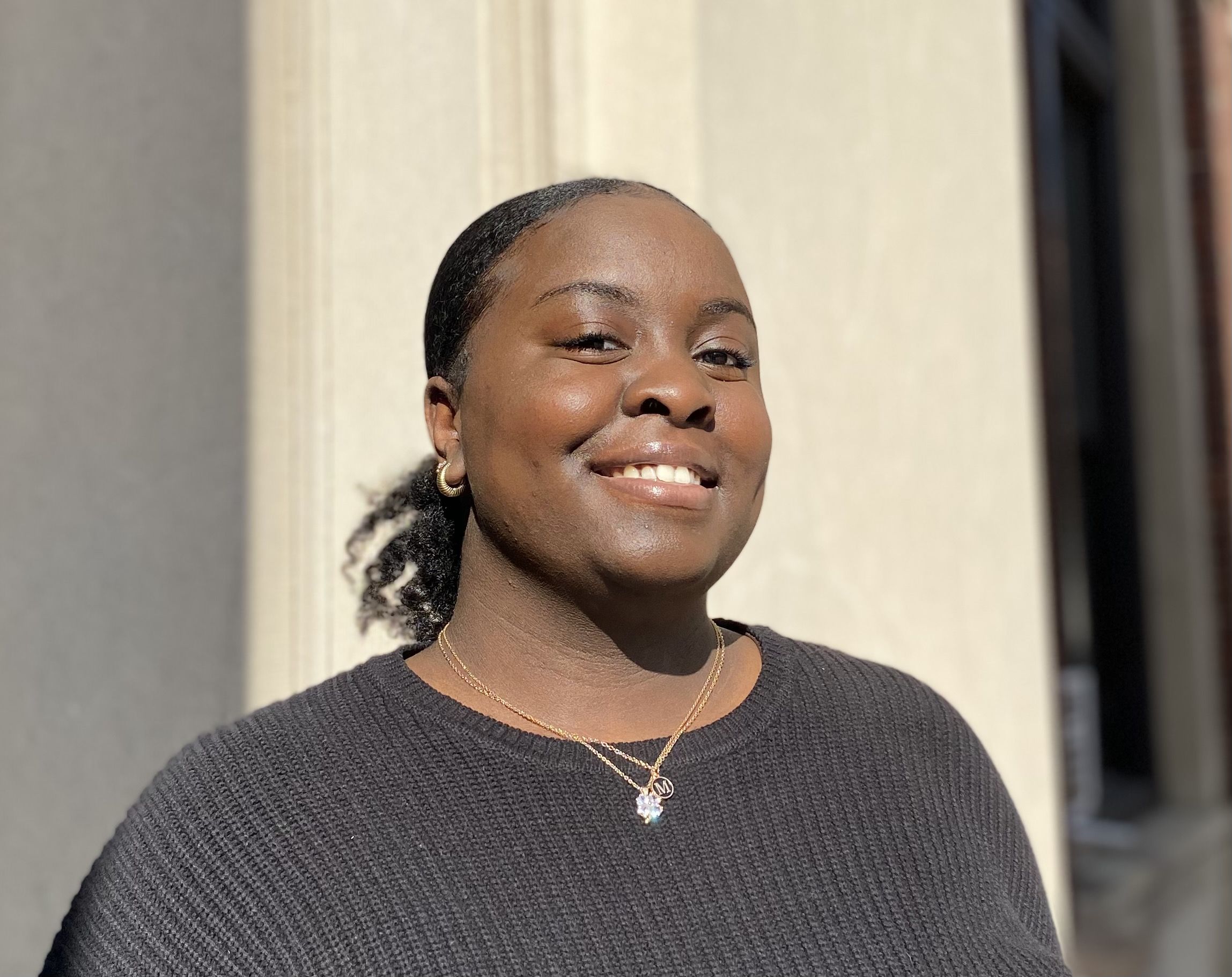Each year, the College recognizes Juneteenth, which commemorates the day (June 19th) in 1865 when Union troops arrived in Texas and announced that all people who were enslaved were now free. Even though this news was shared two and a half years after the Emancipation Proclamation became official on January 1, 1863, Juneteenth quickly became the official day to celebrate freedom for all from bondage in the United States. This holiday, federally recognized as of 2021, remains an important day for our community, and the country at large, to reflect on America’s long history of slavery.
This commemoration also serves as a yearly reminder that we must all participate in the continued struggle to dismantle racism. On June 17, at 12 p.m. in Altschul 202, the College is hosting a screening of 2020's Miss Juneteenth and a discussion led by Linda Hazel Humes, adjunct professor of Africana studies at John Jay College. Register here.
Hear from a selection of our students, faculty, and staff on what this day means to them and why it’s important to recognize it each year.
Maya Darville ’24
BOSS’s Community Outreach Chair
"In the United States, Black American history is often perceived to be monolithic. Our culture is nuanced and rich, and holidays like Juneteenth remind us of the oppression that Black Americans have faced and how we have overcome those institutional obstacles. While Juneteenth serves as a reminder of the relief and jubilation that came along with the end of slavery, this holiday also reminds us of how much work lies ahead. The memorialization of this historic day is a step in the right direction, but candid conversations and reparations are needed for progress and national unity.”
Martin Flaherty
Professor, Human Rights Program
“One reason to welcome and celebrate Juneteenth is that it resonates for so many and on so many levels. From my perspective as an international human rights lawyer, it reflects a truth and a challenge. As I put it to my students, without doubt, the most fundamental commitment of international human rights law — the truth — is equality. This core principle in part resulted from the Holocaust but was developed and kept alive by decolonization, not least by newly independent African nations in their fight against apartheid and imperialism. Juneteenth reflects the origins of this principle that has since blossomed internationally. Yet its celebration comes in the context of a challenge unrealized. The United States has far to go to live up to international law’s commitment to racial equality, much less the aspirations of the Constitution’s Civil War amendments. Juneteenth indeed stands as a celebration but also as a rebuke and, ultimately, as an inspiration to fight harder for the truth it represents.”
Jennifer Rosales
Vice President for Inclusion and Engaged Learning; Chief Diversity Officer
“It’s a day of action for racial justice; a day of celebration for the resilience, self-determination, and power of Black Americans; and a day of reflection on America’s long history of slavery, the way it continues to shape this country, and the work that needs to be done for a more just and equitable future. And so ultimately it’s a day of engaged learning for all of us.”
Leading up to June 19, check out these suggestions on Juneteenth and Black liberation from the Barnard Library and Academic Information Services (BLAIS) staff:
- The Black Arts Movement and the Black Panther Party in American Visual Culture, Jo-Ann Morgan, 2019
- Black Futures, Eds. Kimberly Drew and Jenna Wortham, 2020
- Black Refractions: Highlights from the Studio Museum in Harlem, Connie H. Choi, 2019
- Black Women & Self Care: Thoughts on Mental Health, Oppression & Healing, Naomi Moyer, 2015
- Defend Black Girls, Kimberly Enjoli, 2018
- Dub: Finding Ceremony, Alexis Pauline Gumbs ’04, 2020
- Freedmen and Southern Society Project
- Grief and Grievance: Art and Mourning in America, conceived by Okwui Enwezor; curatorial advisors, Naomi Beckwith, Massimiliano Gioni, Glenn Ligon, and Mark Nas, 2020
- Illusions of Emancipation: The Pursuit of Freedom and Equality in the Twilight of Slavery, Joseph P. Reidy, 2019
- Journal of Speculative Vision & Critical Liberation Theologies: 2013 Archive, Metropolarity, 2013
- M Archive: After the End of the World, Alexis Pauline Gumbs, 2018
- My Face Is Black Is True: Callie House and the Struggle for Ex-Slave Reparations, Mary Frances Berry, 2005
- On Juneteenth, Annette Gordon-Reed, 2021
- Our Stories Matter: Life in the Time of Covid-19, Brooklyn Emerging Leaders Academy students, 2020
- Reconstructions: Architecture and Blackness in America, Ed. by Sean Anderson and Mabel O. Wilson, 2021
- Slavery, Abolition, Emancipation, and Freedom, Dorothy Berry ’92; Digital Collections Program Manager, Houghton Library, Harvard
- The Slave’s Cause: A History of Abolition, Manisha Sinha, 2016
- Soul Soup: What You Didn’t Know Your Spirit Needed, Students in Alexis Pauline Gumbs’ Black Portals class, 2021


